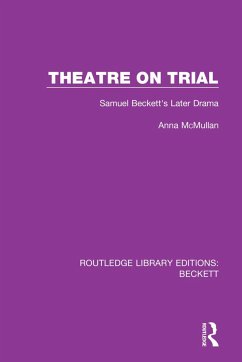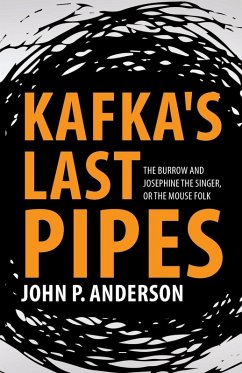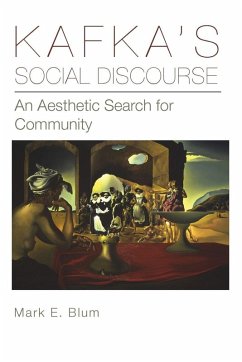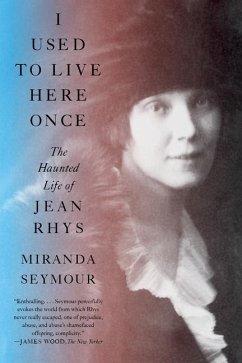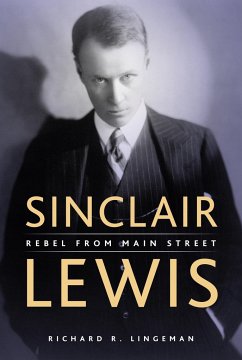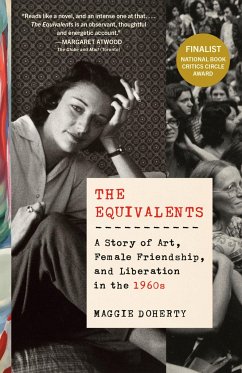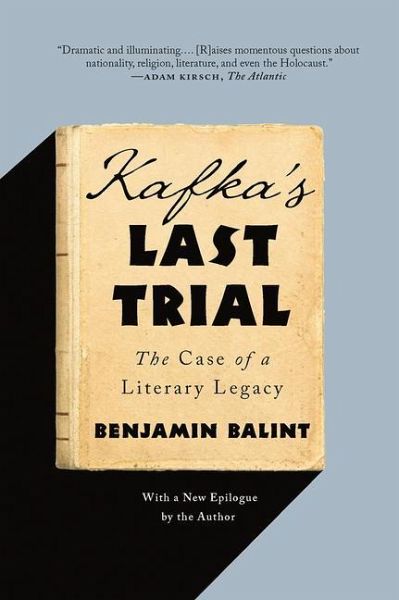
Kafka's Last Trial
The Case of a Literary Legacy
Versandkostenfrei!
Versandfertig in über 4 Wochen
13,99 €
inkl. MwSt.
Weitere Ausgaben:

PAYBACK Punkte
7 °P sammeln!
When Franz Kafka died in 1924, his loyal friend Max Brod could not bring himself to fulfill Kafka's last instruction: to burn his remaining manuscripts. Instead, Brod devoted his life to championing Kafka's work, rescuing his legacy from both obscurity and physical destruction. Nearly a century later, an international legal battle erupted to determine which country could claim ownership: the Jewish state, where Kafka dreamed of living, or Germany, where Kafka's three sisters perished in the Holocaust? Benjamin Balint offers a gripping account of the controversial trial in Israeli courts-brimmi...
When Franz Kafka died in 1924, his loyal friend Max Brod could not bring himself to fulfill Kafka's last instruction: to burn his remaining manuscripts. Instead, Brod devoted his life to championing Kafka's work, rescuing his legacy from both obscurity and physical destruction. Nearly a century later, an international legal battle erupted to determine which country could claim ownership: the Jewish state, where Kafka dreamed of living, or Germany, where Kafka's three sisters perished in the Holocaust? Benjamin Balint offers a gripping account of the controversial trial in Israeli courts-brimming with dilemmas legal, ethical, and political-that determined the fate of Kafka's manuscripts.






